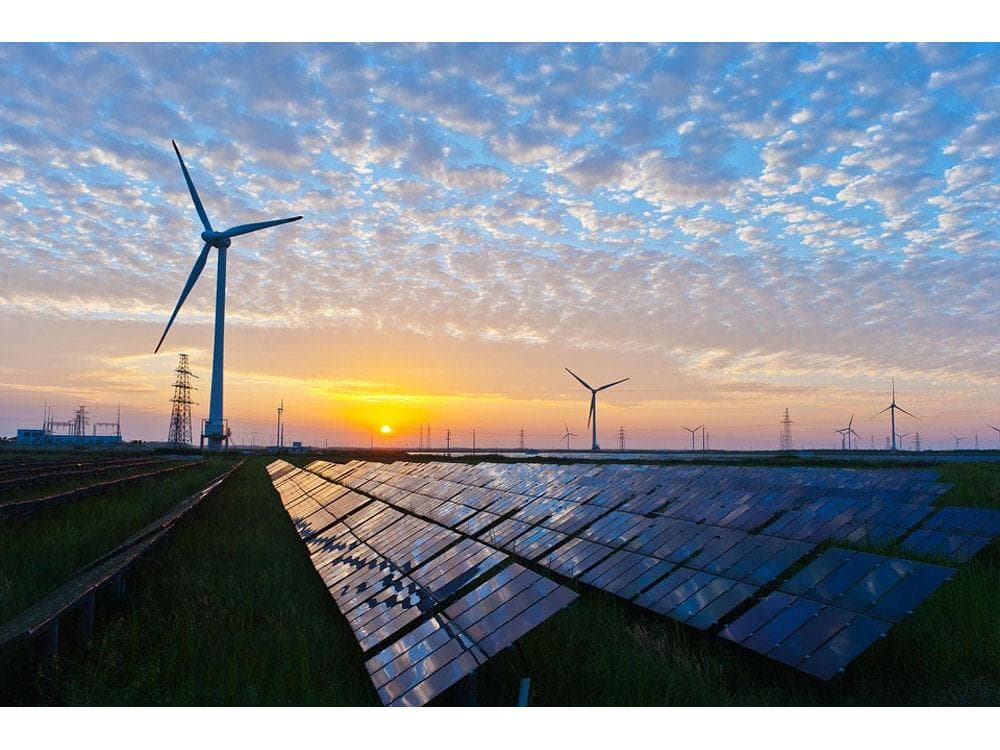The United Nations Framework Convention on Climate Change introduced the concept of “Common But Differentiated Responsibilities” (CBDR) in the global pursuit of climate change mitigation. The intent was to recognize that each nation approached the process from a unique beginning position with regard to economic development status and potential, emissions history and current emissions rates, but that their common goal was to control emissions at a level which would avoid environmental harm.
The developing nations, which had produced and continued to produce fewer emissions, could proceed with less “ambition” in reducing emissions while proceeding toward the common goal. It was tacitly assumed that these nations would continue the development of their energy economies focused on electrification based on renewable electricity generation, since renewable generation was asserted to be the low cost, reliable and sustainable future. Elimination of their existing, limited fossil generation capacity could easily be delayed without significant emissions impact.
However, the developing nations largely rejected the CBDR in favor of non-common, disparate responsibilities. They chose to focus on economic development, relying on fossil generation rather than renewable generation. They chose coal as their most common fuel choice, or natural gas where available locally. These choices would appear counterintuitive, since they had committed to limiting emissions rather than increasing them. They were expanding fossil generation, making investments in physical facilities with approximately 40-year operating lives, even though they had committed to the Paris Accord goal of Net Zero by 2050. They were either willing to terminate operation of their expanded fossil generation capacity and replace it with renewables plus storage, or they had no intent of achieving Net Zero by 2050.
China, India, Indonesia and several other smaller developing nations rapidly increased their emissions. China roughly doubled its share of global CO2 emissions. China also, until recently, provided assistance to other developing nations to expand coal generation through its Belt and Road initiative. The UN has largely chosen to ignore the developing nations’ expansion of their emissions until recently, accepting the developing nations’ right to grow their economies as they saw fit.
Clearly, the developing nations do not see renewable generation plus storage as the panacea portrayed by the United Nations. They continue to pursue fossil generation, even in the face of the World Bank refusal to fund fossil generation development and its willingness to fund renewable generation. Their decisions appear rational in light of the history of increasing electricity costs in the developed nations, driven by expanding renewable generation, and the continued extremely high cost of short-duration electricity storage and the persistent unavailability of medium-duration and long-duration storage at any cost.
Several of the developing nations are currently benefiting from the inability of developed nations’ industries to compete in global markets because of the already high and increasing energy costs in their home markets. The loss of emitting industries in the developed nations reduces their domestic emissions, but transfers those emissions to developing nations, frequently with less effective pollutant emissions controls, accomplishing nothing from a global perspective.
- ORIGINAL CONTENT
